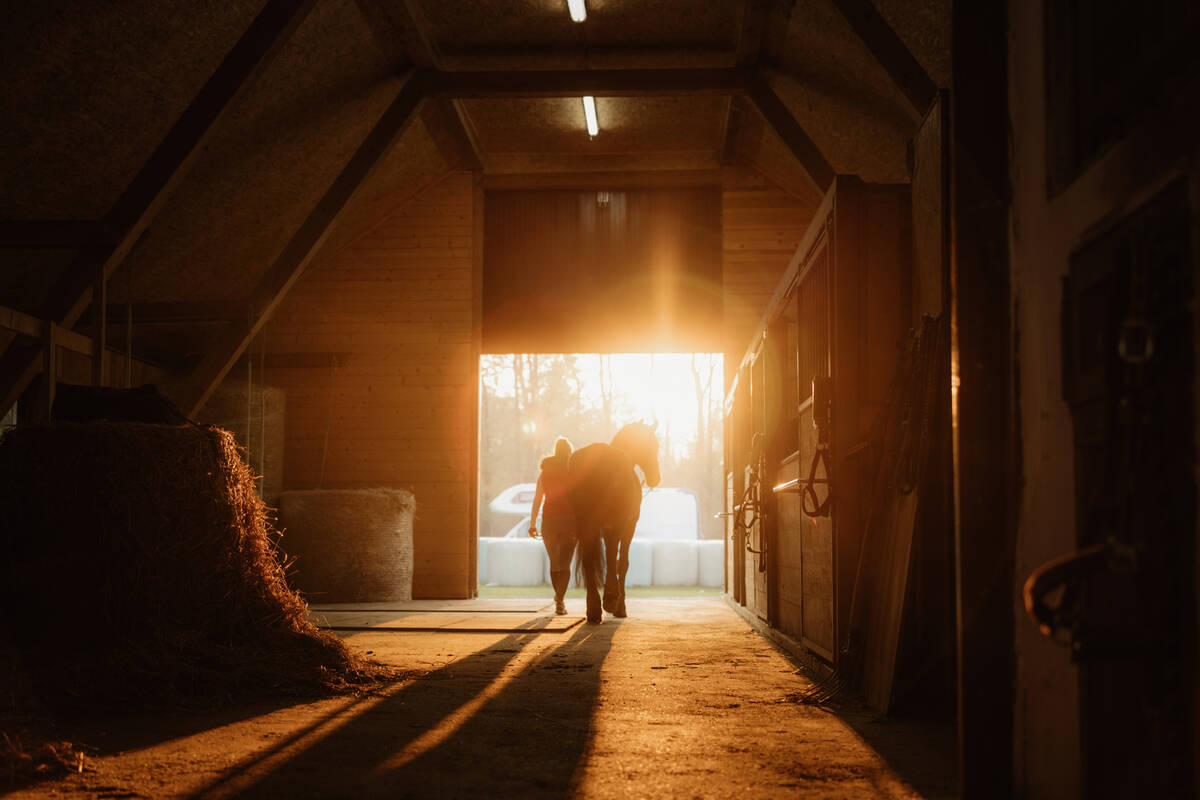Paris | Reuters — French farmers destroyed a total of 18,000 hectares of rapeseed, more than double the area initially expected, following the discovery of a non-authorized genetically modified organism (GMO) in seeds, German group Bayer said on Friday.
Bayer had announced in February that farmers in France and Germany were turning over thousands of hectares of rapeseed crops after traces of a GMO variety grown in Canada were detected in batches of seed sold in Europe.
GMO crops are widely grown across the world, but remain controversial in Europe, where very few varieties are authorized for growing and countries like France have completely outlawed their cultivation, citing environmental risks.
Read Also

Horses really can smell fear, new study claims, and it changes their behaviour
A new study shows how horses can detect chemical signals linked to human emotions, and that these signals can influence their behaviour and physiology.
A spokeswoman for Bayer, which had previously estimated around 8,000 hectares of rapeseed would be lost in France, said the area had reached 18,000 hectares (about 44,500 acres) after further precautionary removals of crops, for example when there were doubts over traceability of seeds.
The area of rapeseed destroyed in Germany was in line with initial expectations at 2,500-3,000 hectares, she said.
The destruction was carried out before the flowering of crops, which could have led to the spreading of the non-authorized GMO variety.
The affected seed was sold under the Dekalb brand, developed by U.S. group Monsanto which was acquired by Bayer last year.
Bayer has offered compensation to farmers for the loss of this year’s crop and an obligation not to grow rapeseed next year to avoid re-emergence of rapeseed containing the GMO strain.
Bayer has said the cause of the contamination of the seeds, produced in Argentina in a GMO-free zone, was unclear.
The crops lost in France and Germany are relatively small given a rapeseed area of around one million hectares in each country.
But they will add to a sharp decline in area this year after drought led farmers to scale back sowings.
— Reporting for Reuters by Gus Trompiz in Paris.















